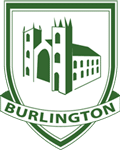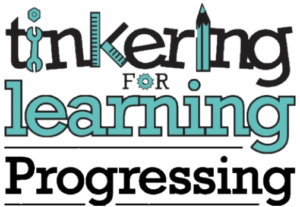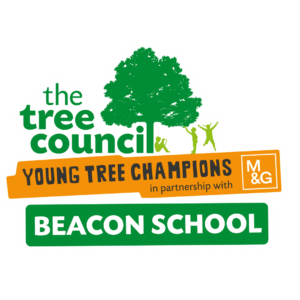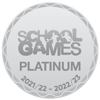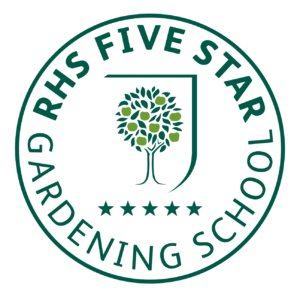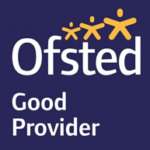Key Stage 2 – Approach to reading
Through independent reading, shared reading in literacy lessons and cross-curricular sessions, guided reading groups and reading for pleasure, reading in Key Stage 2 develops and extends the skills acquired in Key Stage 1.
Children explore a wide variety of genres, both fiction and non-fiction which allows them to access, input ideas and understand what they are reading. They are given opportunities to speculate on the tone and purpose of texts they explore as well as to consider both the themes and audience.
Reading is a crucial part of the curriculum and your child’s continuing progress in reading is essential to help them to become a successful learner. Every child at Burlington has a daily reading lesson, as well as cross-curricular opportunities for reading throughout the day. Children also read to adults in school and many of them take part in reading interventions such as Read Write Inc., PIXL and Lexia to develop their fluency in reading.
Support from families is an essential part of developing a child as a reader. Every child has a school reading book, which should be brought home every day and returned to school each morning, along with their reading record. Please write in the reading record when you have heard your child read, with any comments you wish to make.
Did you know that if you can’t read 5% of words in a text, the meaning becomes lost? This is why it is so important to read with your child to help them overcome unfamiliar or tricky words, so that they understand what they are reading. Reading to and with your child every evening for at least ten minutes can make a dramatic difference to a child’s achievement within school. A report from the Oxford University Press highlighted the importance of parents reading with their children: ‘Children who read outside of class are 13 times more likely to read above the expected level for their age’. So why is reading so important?
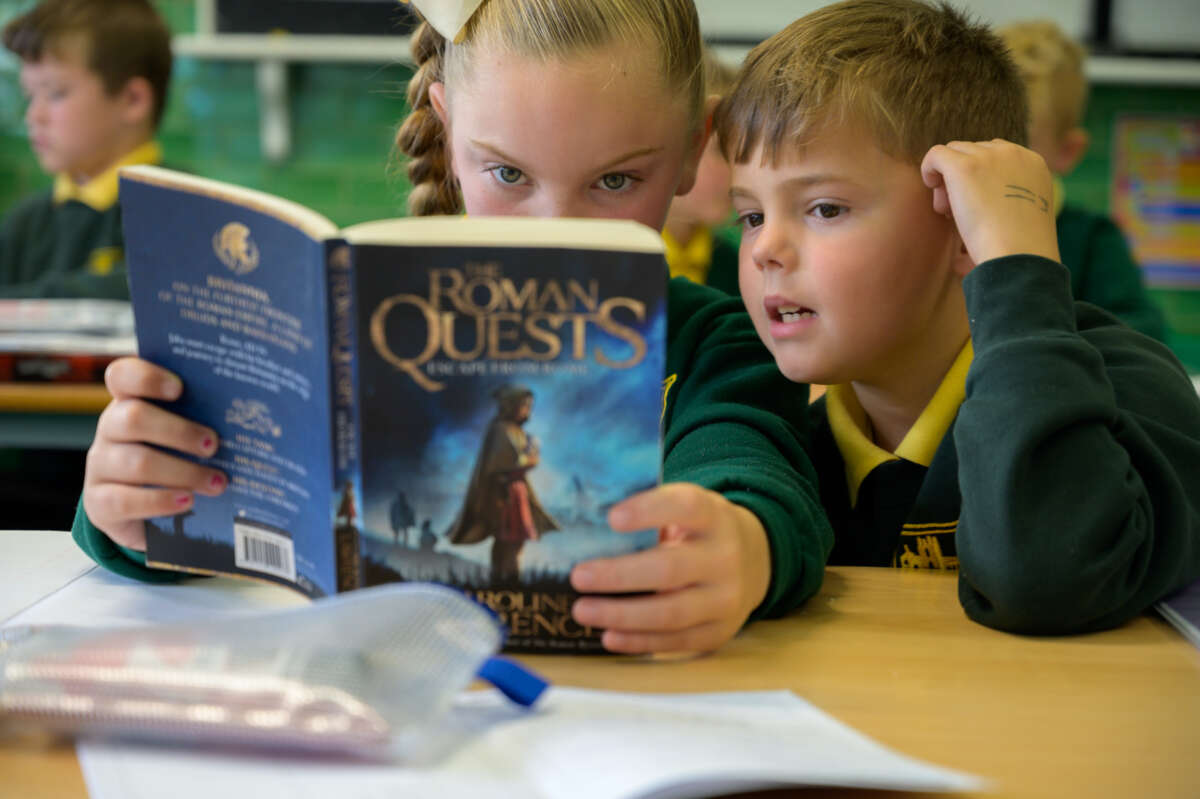
“I like learning because I think learning is fun and it allows me to push myself and learn new things every day.”
“I like Burlington Junior School because we get to go on trips.”
“Leaders create a positive environment where pupils flourish.”
“I like doing writing and maths because in maths you get to learn different methods to answer questions and I like writing stories.”
“Leaders develop pupils’ experiences beyond the community, including
annual visits to London.”
“Burlington Junior School is a wonderful school with great staff. They have helped me to become really independent whilst supporting me. I am really happy at this school.”
“Good transition from Year 4- 5. My child is in a smaller class, well supported in English and Maths. Nurtured and settled.”
“Pupils are happy to
attend school. Parents say their children are ‘well cared for, feel safe and can be
themselves’.”
“Leaders continue to develop a broad and balanced curriculum that raises pupils’ aspirations.”
“All 3 of my children are very happy at this school”.
“In English and mathematics, pupils, including those with special educational needs and/or disabilities (SEND), remember what they have learned over time.”
“Communication with parents has improved recently, Class Dojo is a good addition. Good to see the topics for this half-term.”
“This is my third child to go all the way through Burlington and I would recommend this school every time.”
“I like this school because we get to learn new things every day”
“My child has settled really well here, she feels happy and her hard work is recognised. Very pleased.”
“Behaviour and attendance continue to improve throughout school.”
“The thing I like about Burlington Junior school is that the teachers are very nice and it’s easy to make new friends.”
“Furthermore, leaders invite pupils to attend afterschool sessions to help them catch up quickly.”
“My child has settled well into Year 3. She enjoys Maths especially.”
“The best thing about Burlington Junior School is the lessons are fun and interesting and we always learn something new.”
“‘There is something for everyone.’ Clubs range from golfing, cheerleading, football and rugby to mindfulness, yoga and knitting.”
“The school has
put in place a range of strategies and interventions to support pupils with their emotional health and well-being and behaviour.”
“In school I like the writing because you get to write about your favourite things. I love all the language you can use.”
“Leaders provide a range of opportunities to develop pupils’ interests.”
“Both children have attended this school. Both have enjoyed it and have reached their potential.”
“Parents comment that their children ‘really enjoy reading for pleasure’.”
“Leaders plan aspects of the science curriculum in order to promote
engineering.”
“Daily phonics lessons and extra support in the afternoon take place for pupils who are at the early stages of reading.”
“Leaders have high expectations of pupils’ behaviour.”
“Leaders achieve this
through daily story-time sessions and ‘reading ambassadors’ who promote reading with their peers.”
“I like learning about history and the Romans and we are going on a trip to Murton Park.”
“Pupils speak
enthusiastically about the range of after-school activities on offer.”
“Leaders encourage good mental health through nurture sessions and a
‘nature’ programme.”
“Leaders are keen to ‘sow the seeds of interest’ regarding careers.”
“My daughter is very happy at school and is doing well. I am pleased with her progress.”
“Leaders strive to develop a curriculum that engages and inspires pupils.”
“Leaders are passionate about ensuring that all pupils receive the education they deserve.”
“My child loves this school.”
“Subject leaders are invited to share curriculum plans with governors.”
“Would recommend this school 100%. My child is very happy.”
“My most favourite thing in Burlington Juniors is that we all help each other and that if someone is upset other people go and talk and play with them.”
“What I like about Burlington Junior School is learning because if you listen carefully you will get smart and you will have a good education and you will get a good job.”
“Since implementation of Class Dojo we are much more aware of the things that happen whilst at school. Also the Dojo Points System is a great way to monitor progress.”
“Staff, including those at the early stages of their careers, say they feel supported to fulfil their roles.”
“My kids love it at Burlington Junior School.”
“Pupils take home books that match their phonics ability. This helps them to become confident and fluent readers.”

